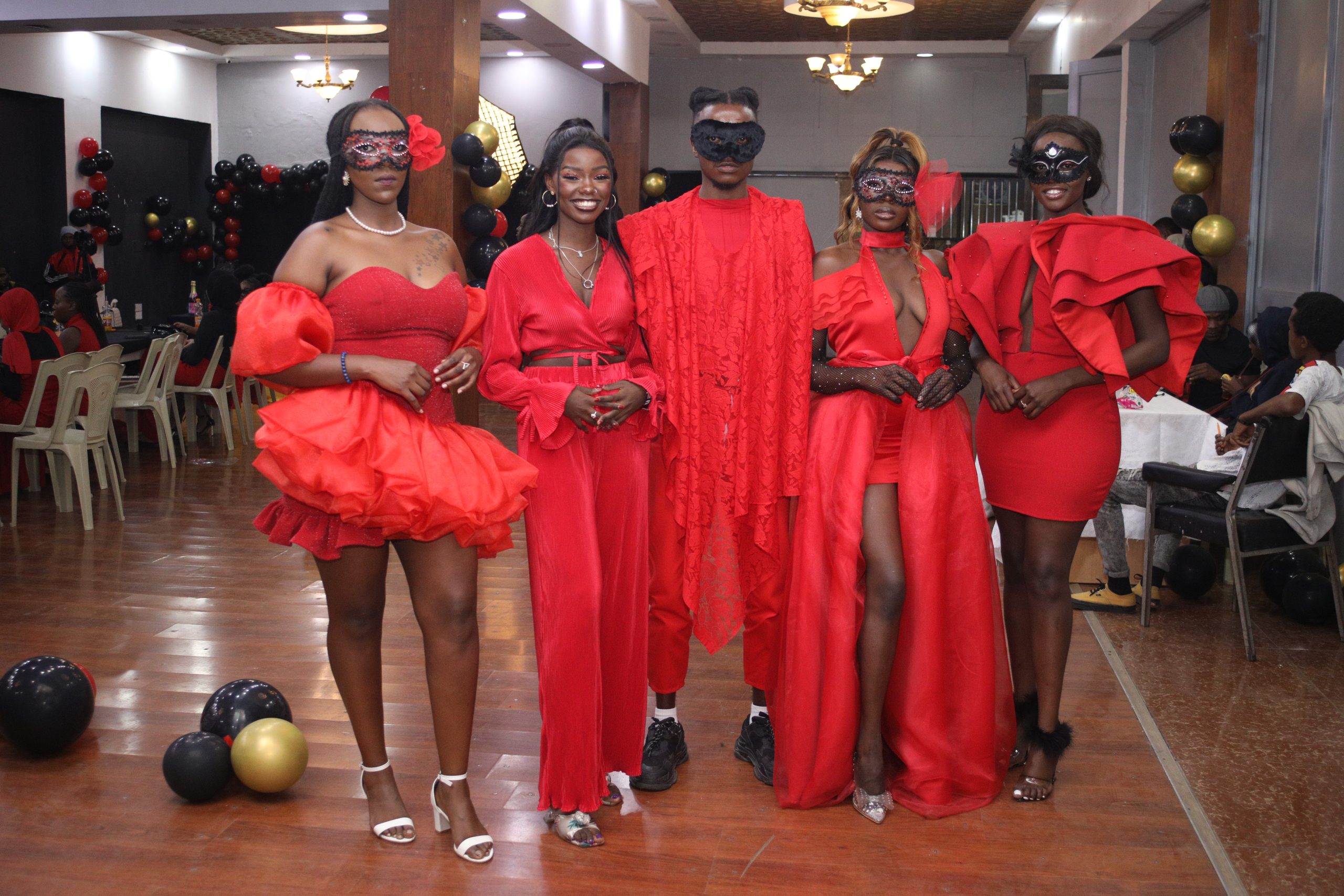
How Cultural Influences Shape Modern Fashion.
Fashion is a dynamic and ever-evolving industry, where cultural influences play a pivotal role in shaping trends and styles. From traditional garments to contemporary designs, culture has a profound impact on the way we dress, express ourselves, and perceive fashion. This article explores how cultural influences shape modern fashion, highlighting key aspects that make this interplay so significant.
The Fusion of Traditional and Contemporary.
Modern fashion often draws inspiration from traditional clothing and cultural heritage. Designers around the world incorporate elements of their culture into their collections, creating a fusion of traditional and contemporary styles. For instance, the vibrant patterns of African textiles, the intricate embroidery of Indian saris, and the minimalist elegance of Japanese kimonos have all found their way into mainstream fashion. This blending of old and new not only preserves cultural heritage but also introduces it to a global audience.
Street Style and Urban Culture.
Street style has become a powerful force in modern fashion, driven largely by urban culture and the youth. Cities like Tokyo, New York, and London are known for their unique street fashion scenes, where cultural diversity is celebrated through clothing. Influences from music, art, and social movements often manifest in streetwear, making it a reflection of the cultural zeitgeist. Hip-hop culture, for example, has significantly influenced street fashion, with baggy jeans, oversized hoodies, and bold accessories becoming iconic elements.
Globalization and Cross-Cultural Exchange.
Globalization has facilitated the exchange of cultural ideas and fashion trends across borders. The internet and social media platforms have made it easier for designers and fashion enthusiasts to access and share diverse cultural aesthetics. This cross-cultural exchange has led to the emergence of eclectic fashion trends that blend influences from different parts of the world. For instance, the popularity of bohemian fashion combines elements from various cultures, including Native American, Indian, and African styles.
Cultural Appropriation vs. Appreciation.
While cultural influences enrich modern fashion, they also raise important questions about cultural appropriation and appreciation. Cultural appropriation occurs when elements of one culture are borrowed or adopted by another, often without permission or understanding, and can be seen as disrespectful. On the other hand, cultural appreciation involves recognizing, respecting, and honoring the cultural significance behind fashion elements. Designers and consumers alike must navigate this delicate balance to ensure that cultural influences are represented authentically and respectfully.
The Role of Fashion Weeks and International Shows.
Fashion weeks and international shows are pivotal in showcasing cultural influences in modern fashion. Events like Paris Fashion Week, New York Fashion Week, and Milan Fashion Week provide platforms for designers from diverse backgrounds to present their collections. These events not only highlight individual creativity but also promote cultural exchange and understanding. Collections often reflect the designers’ cultural heritage, bringing global attention to traditional crafts and techniques.
Sustainable Fashion and Indigenous Practices.
Sustainable fashion has gained momentum as consumers become more conscious of environmental and ethical issues. Indigenous practices and traditional methods of garment making are being revisited for their sustainable approaches. For example, the use of natural dyes, handwoven fabrics, and zero-waste patterns are inspired by indigenous techniques that have been practiced for centuries. By integrating these practices into modern fashion, designers contribute to a more sustainable industry while honoring cultural traditions.
Conclusion.
Cultural influences shape modern fashion in profound and multifaceted ways. From the fusion of traditional and contemporary styles to the vibrant expression of street culture, fashion is a canvas for cultural storytelling. As the industry continues to evolve, it is essential to embrace and celebrate cultural diversity while fostering respect and understanding. By doing so, modern fashion can become a true reflection of the rich tapestry of human culture.



